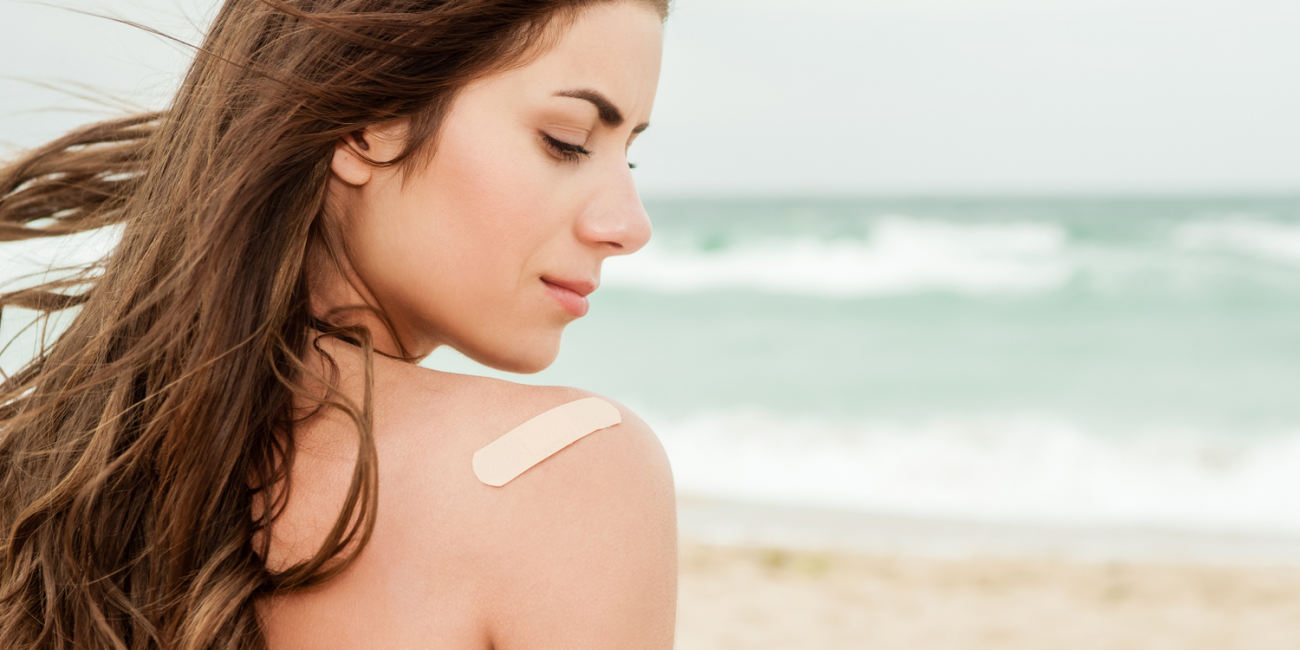Vacation First Aid
Before you head off on a summer road trip, put together a first-aid kit.
Think basic and then pack your first-aid supplies in a handy, portable case that will fit easily into your car or suitcase.
Insect Repellent
Research highlights adverse effects of DEET, malathion, and permethrin (used alone or in combination), particularly among the young.
Look for safe, natural repellents using essential oils of cedarwood, citronella, eucalyptus, geranium, and pine.
Repel ticks naturally
To help prevent tick bites—and lower the risk of Lyme disease—wear protective clothing in tick-infested grassy or wooded areas. Oils of citronella, cloves, and lily of the valley “possessed repelling activities of the same magnitude as the repellent DEET” against ticks, say researchers, but without DEET’s side effects.
Carefully remove any ticks you find with tweezers and disinfect bites with tea tree oil or other antiseptic. Report any bull’s-eye rash to your healthcare provider immediately.
Travel-Related Ailments
Diarrhea, heat rash, motion sickness, poison ivy, sleeplessness, andsunburn are nuisances at any age—but can make kids (and anyone around them) downright miserable.
For carsickness, it’s best to drink a little ginger tea before you drive off—and to bring along a thermos of tea, organic fruit, nuts, and whole-grain crackers.
Chamomile tea is a time-honored natural solution for sleeplessness. And after too much fun in the sun, aloe vera or calendula creams or gels can help soothe burns.
First-Aid Kit Essentials
Other items to consider include:
- adhesive bandages, various sizes
- adhesive tape
- aloe vera gel
- antiseptic wipes
- arnica cream
- calendula or calamine lotion
- cleansing agent/natural soap
- cold pack
- cotton swabs
- flashlight and extra batteries
- nonpetroleum jelly
- packet of tissues
- rolled gauze bandages (3 rolls)
- safety pins (assorted sizes)
- saline eye drops
- scissors, preferably blunt
- sewing needle
- sterile gauze pads
- sunblock/sunscreen
- thermometer
- tweezers
- zinc lozenges

